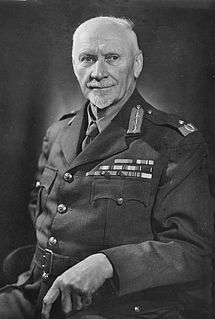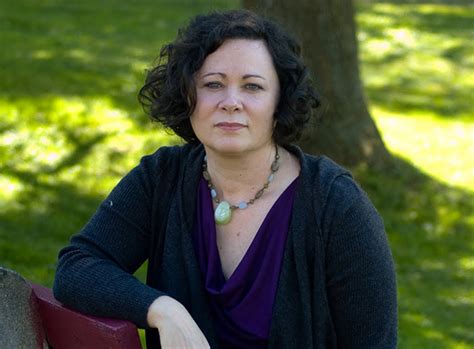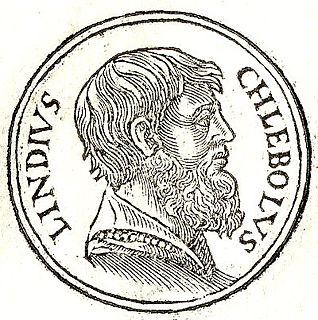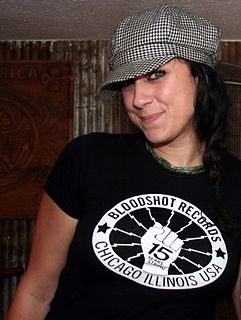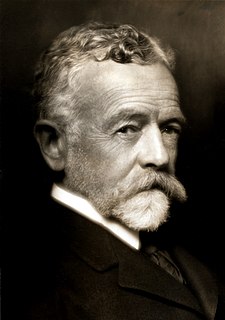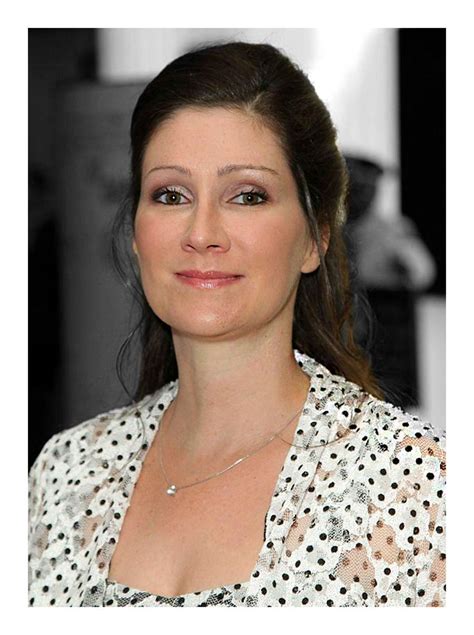A Quote by Jan Smuts
History writes the word 'Reconciliation' over all her quarrels.
Related Quotes
I must say a few words about memory. It is full of holes. If you were to lay it out upon a table, it would resemble a scrap of lace. I am a lover of history . . . [but] history has one flaw. It is a subjective art, no less so than poetry or music. . . . The historian writes a truth. The memoirist writes a truth. The novelist writes a truth. And so on. My mother, we both know, wrote a truth in The 19th Wife– a truth that corresponded to her memory and desires. It is not the truth, certainly not. But a truth, yes . . . Her book is a fact. It remains so, even if it is snowflaked with holes.
Angela Merkel embodies Germany's 20th century fate. It is not up to me to pass judgment on her place in history, but I believe that she is the chancellor of Germany's reconciliation with Europe. She stands for a Germany for whom globalization has been a success and which accepts its role in foreign and defense policy. I thought the way she dealt with the refugees was courageous. I think she is the chancellor of reconciliation.
I watch Raffy as she removes the pickles from her hamburger and hands them over to Santangelo without them exchanging a word and I realize again there is more to that relationship than spelling bees and being enemies. These people have history and I crave history. I crave someone knowing me so well that they can tell what I'm thinking.
I mean, her father was an alcoholic, and her mother was the suffering wife of a man who she could never predict what he would do, where he would be, who he would be. And it's sort of interesting because Eleanor Roosevelt never writes about her mother's agony. She only writes about her father's agony. But her whole life is dedicated to making it better for people in the kind of need and pain and anguish that her mother was in.
I thought as I rode in the cold pleasant light of Sunday morning how silent & passive nature offers, every morn, her wealth to man; she is immensely rich, he is welcome to her entire goods, which he speaks no word, only leaves over doors ajar, hall, store room, & cellar. He may do as he will: if he takes her hint & uses her goods, she speaks no word; if he blunders & starves, she says nothing.
